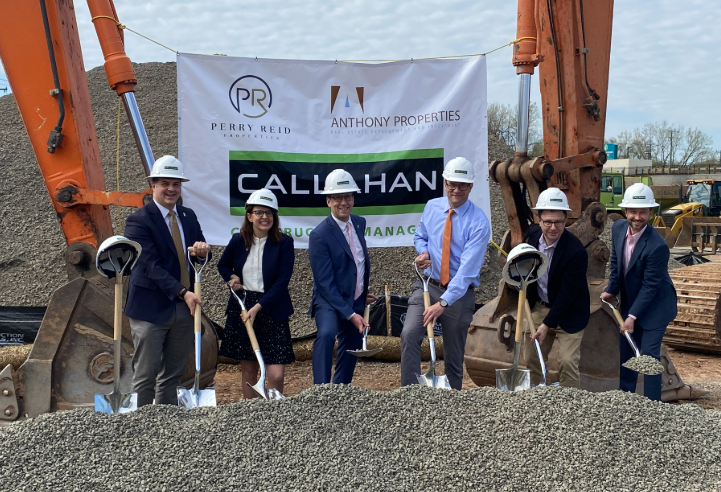News: Connecticut
Posted: November 19, 2008
"It's not what you make, but what you keep, that counts"
There's an old axiom used by experienced CPA's, no doubt taught to them by their wealthy and astute clients, that says "It's not what you make, but what you keep, that counts." This of course refers to the after-tax remainder of any transaction.
With a Democratic Congress and an Obama administration we are certain to see significant tax law changes. The President-elect has clearly stated his intent to increase the capital gains taxes to 20%. This fact, a local tax attorney has noted, is prompting many clients to consider methods of intentionally incurring capital gains now in order to lock in the 15% long term capital gains rate.
Of course, in order to incur a capital gain tax on a commercial property sale one has to first sell the commercial property. The question of commercial real estate sales is not moot. Toxic credit conditions have spilled over into the commercial market and lending rules have changed requiring more equity, personal recourse, and other requirements. However, according to friends in mortgage brokerage and commercial banking there is money to lend. There should be. About $700 billion or so, no?
We are in fact seeing consistent inquiries for good investment properties. For the sellers of those properties, in light of the stock market debacle, now more than ever, there is the need to maximize the after-tax proceeds from a sale.
One of the oldest and best methods of maximizing after-tax returns and mitigating tax impact is the IRC Section 1031 process. The advantages of using a Sec. 1031 versus a conventional sale stem from the deferment of the gain, and therefore the deferment of the tax, on a sold property used in a trade or business. This section of the IRS code has been around since 1924, having been changed in 1984, and stands to remain an important tax-planning device. Essentially, the sale of an investment property for $1 million with a $400,000 basis (cost after adjustments) will generate a $600,000 gain. This gain will be subject to capital gains taxes at both the federal and state level. If a replacement property is purchased with the proceeds from that sale, the tax that would have been due on that sale is deferred. In this case, that tax which would have been in excess of $100,000, becomes available to be used towards the purchase price of the replacement investment. There are very particular rules regarding this procedure, but it has significant wealth building implications. The method can be used again and again, deferring the tax indefinitely.
Other tax planning opportunities exist as well which don't require further long term reinvestments and make cash outs possible for other investments, family distributions and estate planning.
For many owners of commercial property the upcoming and as yet unknown changes to the tax codes will have significant impact. Sellers need to be sure that they consult with their tax professionals to consider all tax planning opportunities before any sale. Considering the hit most Americans have been dealt to their wealth in the past few months, now more than ever, it's what you keep that counts.
Dan Thibodeau is a commercial investment broker at Century 21 Access America, Wethersfield, Conn., Member, Connecticut Society of CPAs.
Tags:
Connecticut
MORE FROM Connecticut
Highcap Group brokers $41.1 million sale of two building multifamily portfolio
Norwalk, CT Highcap Group has completed the sale of two luxury multifamily properties with a total of 120 units for a combined purchase price of $41.4 million.








